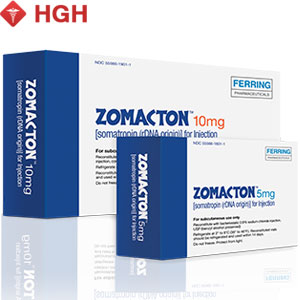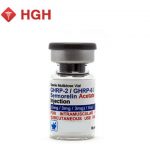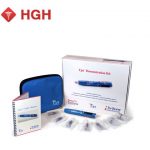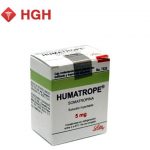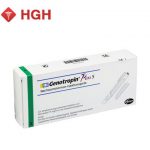
Although low testosterone – testosterone deficiency – is not a major problem for most individuals, it can cause more serious problems for some people. Testosterone deficiency is not a matter of lower levels related to the normal aging process but a true clinical problem substantiated by both blood tests and the patient's symptoms. Safe and effective treatment for low testosterone is available today.
What Is Testosterone Deficiency?
Normal levels of testosterone vary in both men and women (yes, women also manufacture and need this male sex hormone). In women, a normal level is considered to be between 15 and 70 nanograms per deciliter (ng/dL). In men, the normal range is from 280 to 1,100 nanograms per deciliter (ng/dL). Levels vary by age, with teen-age boys having the highest levels. A woman's testosterone level may also vary according to the phase of her menstrual cycle. Testosterone normally declines with aging. Men's testosterone levels usually decline about one percent per year after they pass the age of 30. Both the actual blood level and symptoms such as loss of muscle mass, changes in libido and emotional changes are necessary to make a diagnosis of testosterone deficiency.
Do I Need Testosterone Deficiency Treatment?
The decision to treat testosterone deficiency is based on blood tests and the patient's symptoms. In addition to blood tests of testosterone levels, most doctors will also check blood levels of related hormones to confirm low testosterone. The doctor will perform a physical examination and collect information about symptoms such as fatigue, muscle weakness, sleep disturbances, changes in sexual desire or performance, and low fertility. Women with low testosterone may have irregular menstrual cycles and vaginal dryness; men may notice a decrease in semen production or erectile difficulties. Treatment for low testosterone in males is more common than treatment for low testosterone in women.
How To Start Therapy
The first step in testosterone treatment is to discuss your symptoms with your doctor. It's important to rule out other conditions such as diabetes or heart disease, which can cause fatigue and sexual difficulties. Different treatment is required for these conditions and testosterone therapy will not be helpful. Your doctor will complete a thorough physical exam to confirm physical signs such as muscle weakness and fat distribution. Various lab tests can also aid in the diagnosis, such as cortisol, estrogen and progesterone levels. No one should take testosterone unless he or she has a clear, confirmed diagnosis of testosterone deficiency. In particular, testosterone therapy should not be used to improve athletic performance.
Testosterone Deficiency (Low T) Treatment
Testosterone injections are usually the recommended treatment for proven testosterone deficiency. However, patches, gels and implants are also available and patients may prefer these for a variety of reasons. Oral forms are inadequate and poorly absorbed. You have three choices of medication: testosterone cypionate, testosterone enanthate and testosterone propionate. The propionate form has the most available testosterone and acts quickly, but you need injections every two or three days. Cypionate is the most commonly used treatment as it is the longest acting. Patients usually take 100 milligrams once a week. They may give their own injections or the injections can be given by a family member or caregiver.
How Much Does Low Testosterone Therapy Cost?
Testosterone treatment costs vary for a number of reasons. The form of injection may affect cost. Testosterone cypionate, the most commonly recommended treatment, is usually about $30 per dose for the brand-name form. Generic versions can cost between 12 to $26 per 100-milligram dose. Your actual cost may be different according to the dose and the interval at which it is given. Associated costs include doctors' fees, lab tests, and supplies such as needles and syringes. You should also consider insurance co-payments.
Treatment Options
Many people have questions about testosterone treatment, such as whether there is a natural treatment for low testosterone, what is the best treatment for low testosterone and what is the safest treatment for low testosterone? The answer to all of those questions is testosterone injections. If you obtain your testosterone only by prescription and from a reputable source, you can be assured of purity and stability as well as the correct dose. Other lifestyle factors can also make a difference, so your doctor will probably advise that you quit smoking, decrease alcohol consumption, eat a healthy diet and make sure to get enough sleep. Regular exercise is also helpful during treatment and for overall health.
If you have confirmed testosterone deficiency, treatment is usually readily available. Testosterone therapy can be effective for both men and women. Remember, you should only take testosterone with a prescription, and work with your doctor to promote your health and achieve the best outcome. Testosterone can have side effects if not given in the correct dose or monitored for its effects.
